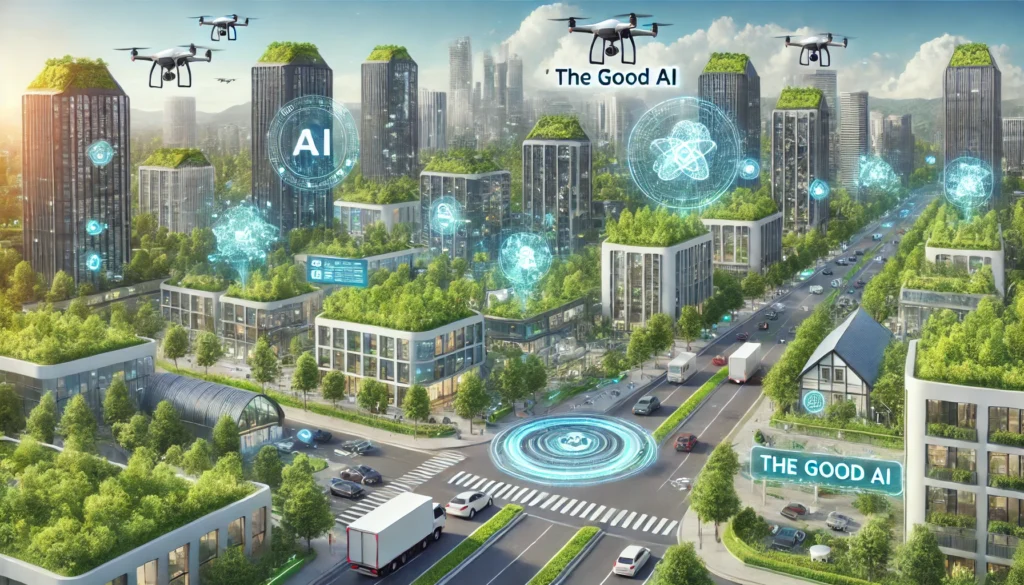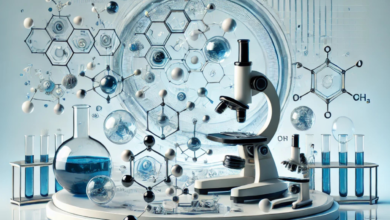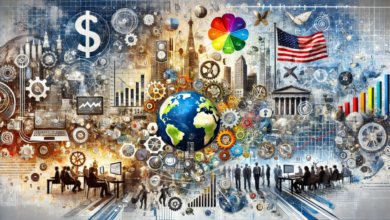Introduction
The Good AI (AI) has transcended science fiction to become a dynamic and integral part of our daily lives. The rapid evolution of AI technology offers unprecedented opportunities to enhance efficiency, improve accessibility, and solve complex global challenges. This article delves into the “The Good AI” concept—a paradigm where AI is developed and used to positively impact society and uphold ethical standards.
The Good AI integration into various sectors demonstrates its potential to drive significant advancements while raising critical ethical considerations. By exploring the beneficial applications and addressing the associated challenges, we aim to provide a comprehensive understanding of how AI can continue to evolve as a force for good, fostering a future where technology and humanity progress hand in hand.
Understanding AI and Its Fundamentals
What is AI?
At its core, The Good AI is the branch of computer science that aims to create systems capable of performing tasks that would typically require human intelligence. These tasks include problem-solving, recognizing speech, interpreting complex data, and more. There are three types of AI: Narrow AI, designed to perform a narrow task (like facial recognition); General The Good AI, which can understand and reason its environment as a human would; and Superintelligent The Good AI, which surpasses human intelligence across a broad range of activities.
How AI Works
AI operates through a combination of machine learning algorithms and massive datasets to train models that can make predictions or decisions based on new data. The backbone of effective AI is its ability to learn from patterns and features in the data it processes. For instance, in healthcare, The Good AI systems analyze thousands of images to identify disease markers with a precision that matches or exceeds human experts. This capability not only accelerates diagnostic processes but also enhances the accuracy of treatments.
The Positive Impacts of AI
AI in Healthcare
In healthcare, AI is revolutionizing patient care and management. AI-driven tools assist in diagnosing diseases such as cancer more accurately and at earlier stages, significantly improving patient outcomes. Moreover, The Good AI systems are being developed to personalize treatment plans that cater to the individual genetic makeup of patients, a practice known as personalized medicine. This approach enhances the effectiveness of treatments and minimizes adverse effects, paving the way for more humane and targeted healthcare solutions.
AI in Environmental Protection
The Good AI role in environmental conservation is another testament to its potential for good. Through data analysis, AI helps scientists and researchers predict climate patterns and assess the impact of various environmental policies. The Good AI-driven technologies are also pivotal in monitoring endangered species and tracking their populations, which is crucial for maintaining biodiversity. AI contributes to sustainable living in urban environments by optimizing building energy use and reducing waste through more innovative recycling systems.
Ethical Considerations and AI

Building Ethical AI
Developing The Good AI ethically is imperative to ensure that the technology benefits humanity. This involves designing systems that are transparent, accountable, and free from biases. Ethical AI must adhere to principles that prevent discrimination and protect privacy, ensuring AI systems enhance societal values without undermining them. However, the challenge lies in the subjective nature of ethics, which varies significantly across cultures and contexts, making global standards for ethical AI a complex goal.
Challenges and Risks
Despite its potential, AI poses significant risks if not managed correctly. The automation of jobs through AI technologies threatens to displace large workforce segments. Moreover, using AI in surveillance and data collection raises substantial privacy concerns, highlighting the need for strict governance structures. The possibility of biased AI algorithms, which can perpetuate and amplify existing societal inequalities, is another critical risk that must be addressed through rigorous testing and transparency.
AI Governance and Future Directions
Regulation of AI
The regulation of AI is crucial to managing its growth and ensuring its safe integration into society. Countries worldwide are beginning to implement regulatory frameworks that aim to govern the development and use of AI technologies. These policies must balance encouraging innovation and protecting the public from potential harm, requiring ongoing dialogue between technologists, policymakers, and the broader community.
The Future of AI Development
Looking forward, the trajectory of AI development offers exciting possibilities for further societal benefits. Innovations in AI could lead to smarter cities, more responsive healthcare systems, and an even greater understanding of our natural world. However, the future of AI must be guided by careful consideration of ethical implications and proactive governance to ensure that advancements in AI continue to serve the greater good.
Conclusion
AI presents a paradigm of immense potential tempered by significant challenges. As we stand on the brink of what could be a revolution in various sectors, we must navigate the development of AI with a focus on ethics and positive impacts. “The Good AI” can be a reality by fostering an environment where technology serves humanity.
FAQs
Q: What is artificial intelligence (AI)?
A: Artificial intelligence refers to the capability of a machine to imitate intelligent human behavior.
Q: How is AI being used to improve healthcare?
AI improves healthcare by enhancing disease diagnosis, personalizing treatment plans, and managing patient data efficiently.
Q: What are the ethical concerns associated with AI?
A: Key ethical concerns include AI bias, privacy issues, and the displacement of jobs due to automation.
Q: How can AI contribute to environmental protection?
A: AI contributes to environmental protection by optimizing resource use, monitoring biodiversity, and improving the efficiency of conservation efforts.
Q: What regulations are in place to manage AI development?
A: Global regulations aim to manage AI development, focusing on safety, transparency, and accountability.
You May Also Read: https://ventsbuzz.pro/proxiyum/




